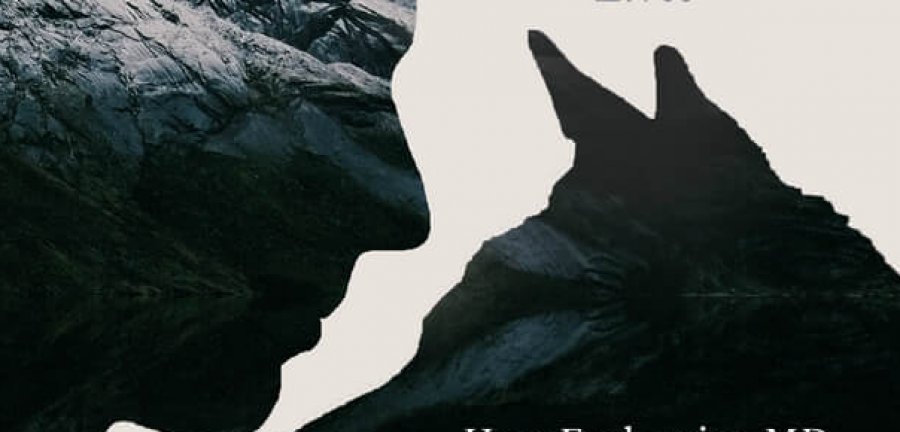Dr. Hope Ferdowsian has accomplished so much. She’s a double board-certified physician in general internal medicine and general preventive medicine and public health, with an expertise in the fields of medicine, human rights, animal protection, public health, and ethics. It’s hard to believe she had time to write a book—but luckily for readers, she did.

In Phoenix Zones: Where Strength Is Born and Resilience Lives, Ferdowsian recounts her world travels working with both humans and animals who have endured traumatic experiences—war, abuse, and slavery, among others. “Phoenix zones” are literal and figurative sanctuaries around the world where injured survivors recover. She discusses what she observed, theorized, and practiced while tending to humans who survived the worst situations and considers the work of those who do the same for animals.
Ferdowsian observed more than 350 chimpanzees who had endured social isolation, early maternal separation, sensory deprivation, and other trauma. She details the extraordinarily high prevalence of psychiatric disorders in the survivors—nearly half suffered from post-traumatic stress disorder (PTSD). Their stories are both inspirational and heartbreaking.
She traveled to the Democratic Republic of Congo, where traumatized women have worked to change their lives and those of the wild animals who have been driven out of their natural habitats by wars and environmental exploitation. She examines a pioneering program for foster children—and their animal companions—in Oklahoma and discusses how international law and institutions from the U.N. to The Hague’s International Court of Justice have expanded their reach into the animal world—and why.
Weighing in on the topic of orcas at SeaWorld, the author points out that because of similarities in brain structure, physiology, and behavior, there’s no dispute that humans and other animals suffer in parallel ways. Orcas, elephants, great apes, dogs, cats, and many others can experience depression, PTSD, anxiety, and compulsive disorders.
Ferdowsian makes the case for approaching these issues through a theoretical concept that she calls the “Phoenix Effect.” This approach asks us to consider the following questions: What matters in life? What is resilience? How are human welfare and animal welfare linked? Phoenix Zones is a scholarly work, but the author’s descriptions of the horrors that humans and animals endure at the hands of others propel the book along. They are very moving and pack an emotional punch.
By linking the fate of humans and animals, Ferdowsian maintains that we can disrupt patterns of violence that crisscross between cruelty to animals and violence toward humans—between poaching and terrorism, animal abuse and homicide. We can confront the fallacy that some people have less value and that animals are lower forms of life. As she puts it, “Just as there is a slippery slope from violence against animals to violence against people, there is also a slippery slope toward compassion for all beings.”
She writes, “There are opportunities everywhere we turn. We cannot assume someone else will come along and respond. Someone has: you and I, who can be ‘Upstanders’ rather than bystanders. One person, if willing, can change the world of one individual. For one, we can each create sanctuary.”
Ferdowsian calls for people to begin by examining what’s on their plate and goes into some detail about the environmental impacts of factory farming. She notes that words matter (and works against prejudice in her own language use by never describing animals as “it”), and she states that we must afford animals the dignity and autonomy that they deserve.
Perhaps now, more than ever, this book is meant for anyone who has an interest in resilience and fortitude.





